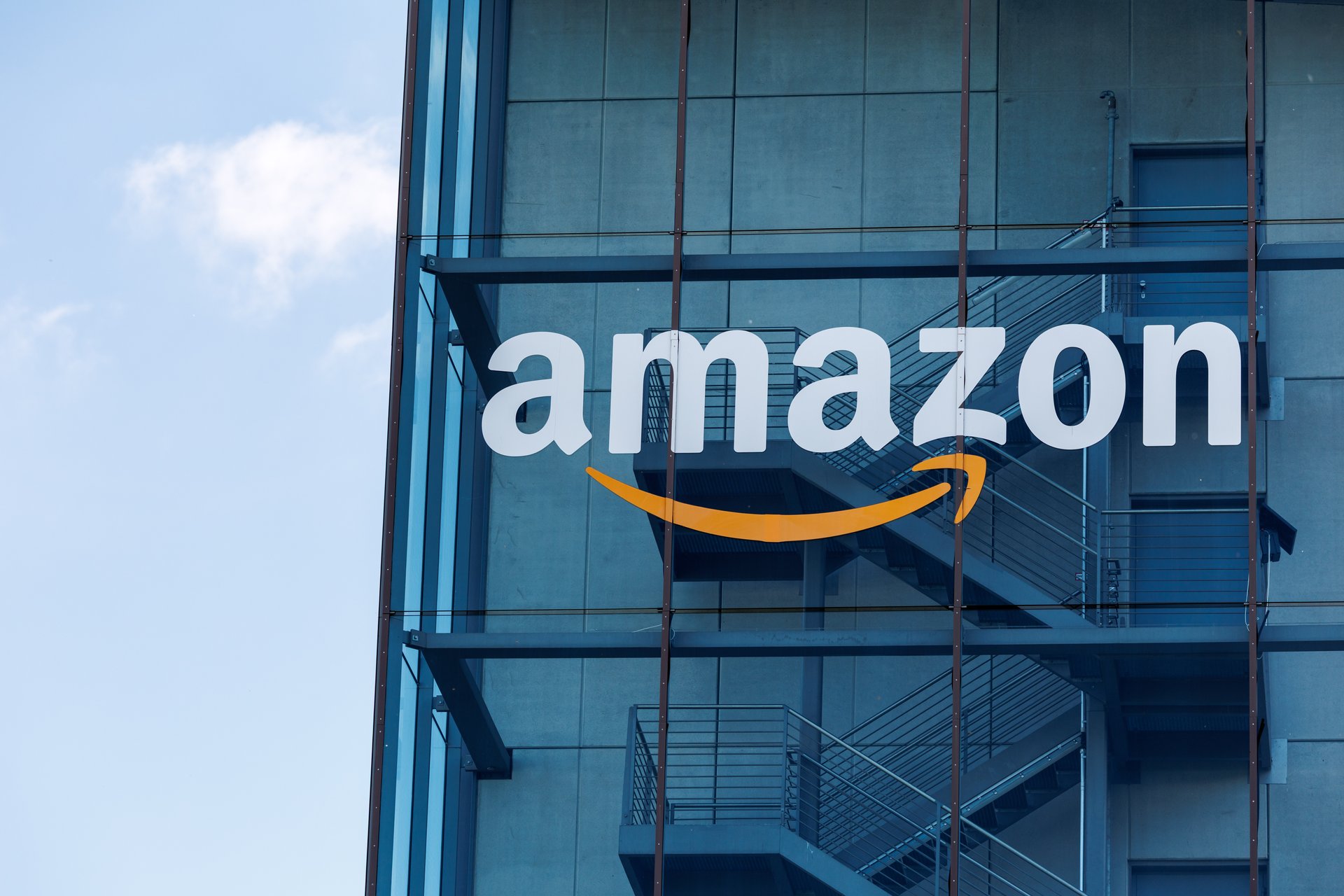Amazon faces worker backlash over CEO's AI remarks
After CEO Andy Jassy said in an email that AI would likely drive a workforce reduction, employees took to Slack to express their frustrations

Matthias Balk/Picture Alliance via Getty Images
Amazon’s corporate workforce woke up Tuesday to a not-so-cheery note from CEO Andy Jassy: The AI era is here — and your job might not be.
Suggested Reading
That didn’t go over well internally.
Related Content
According to Business Insider, white-collar employees pushed back — hard — across internal Slack channels. In messages viewed by the publication, some employees called the message demoralizing; others accused Jassy of prioritizing AI hype over human impact. One employee said there’s “nothing more motivating on a Tuesday than reading that your job will be replaced by AI.”
Another quipped: “At least [Jassy] said the quiet part out loud.”
In a company-wide memo, Jassy had framed generative AI as the engine powering Amazon’s next chapter — from customer service to code writing to warehouse logistics. The technology, he said, is already streamlining operations and enabling new tools such as Alexa+, “Buy for Me,” and a swelling army of over 750,000 warehouse robots. But the efficiency gains, he said, won’t just change how Amazon works — they’ll change who does the work.
“We will need fewer people doing some of the jobs that are being done today,” Jassy wrote, “and more people doing other types of jobs.” That will likely mean headcount reductions on the corporate side; Amazon has already laid off more than 27,000 workers since late 2022.
While a few employees said in messages that middle management could be replaced with AI without consequence — “No one would notice,” someone wrote — the broader sentiment skewed critical. Employees said Amazon is choosing to use AI to reduce staff rather than expand what existing teams can accomplish.
Jassy wrote in his email that research, summarization, anomaly detection, translation, coding, and more will soon be delegated to bots that get smarter over time, leaving humans to “focus less on rote work and more on thinking strategically.”
“Agents will allow us to start almost everything from a more advanced starting point,” he wrote, adding that they’ll “change the scope and speed at which we can innovate for customers.” Jassy encouraged employees to “get more done with scrappier teams,” attend training sessions, and adopt an AI-first mindset. In his words, those who embrace AI and help Amazon build its future will be “well-positioned to have high impact and help us reinvent the company.”
In an annual shareholder letter in April, he had said Amazon needs to operate like “the world’s largest startup,” but in the recent messages, some employees described Amazon’s culture as increasingly focused on cost-cutting, not innovation, and questioned why AI-driven downsizing seems to target the rank and file — not Amazon’s growing executive ranks. “Will it result in less SVPs?” one employee asked.
Another wrote: “This seems to be the [antithesis] of Think Big, and is part of a continual trend that our CEO doesn't seem to have a vision for the company other than ’do what we do today cheaper, and also AI will happen.’”
Amazon didn’t respond to a request for comment.
In the memo, Jassy said employees who embrace the AI-first mindset will be “well-positioned” to help reinvent the company. But the company’s pivot is “dangerous,” one employee wrote, “and it will have real consequences.”
The debate unfolding at Amazon echoes broader tensions in Big Tech. Microsoft, Google, and others are pouring billions into AI while working to reduce their headcount. Startups such as Harvey and Adept are building AI agents meant to handle knowledge work. And leading voices — from Nvidia’s Jensen Huang to Anthropic’s Dario Amodei — have warned that widespread displacement is coming.
At Amazon, that future seems like it could be less theoretical by the day.